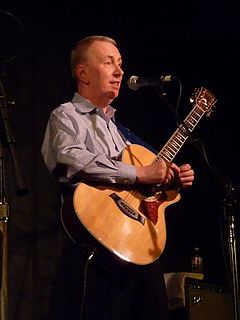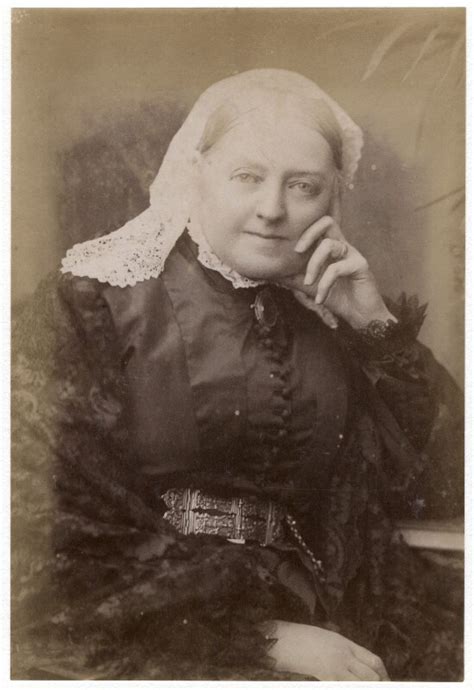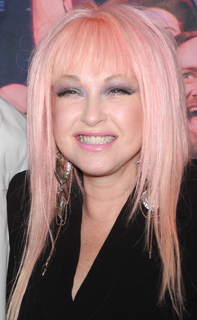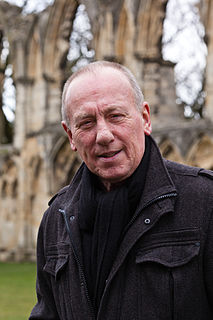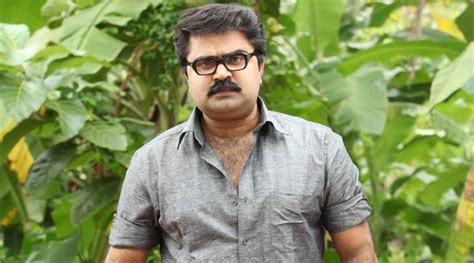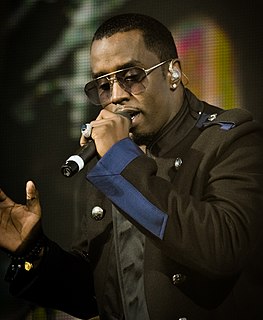A Quote by Al Stewart
Movie queens diffuse into Cinema haze, while libertines read pornozines in street cafes.
Related Quotes
Will you not covet such power as this, and seek such throne as this, and be no more housewives, but queens? There is no putting by that crown; queens you must always be; queens to your lovers; queens to your husbands and sons; queens of higher mystery to the world beyond. . . . But alas! you are too often idle and careless queens, grasping at majesty in the least things, while you abdicate it in the greatest.
What's happening to movie critics is no different from what has been meted out to book, dance, theater, and fine-arts reviewers and reporters in the cultural deforestation that has driven refugees into the diffuse clatter of the Internet and Twitter, where some adapt and thrive - such as Roger Ebert - while others disappear without a twinkle.
For people to understand, you can't speak 'cinema.' Cinema doesn't have alphabets, so you have to go to the local language. Even in England, if they make a movie in London they have to make it in the Cockney accent, they can't make a film with the English spoken in the BBC. So cinema has to be realistic to the area that it is set in.
